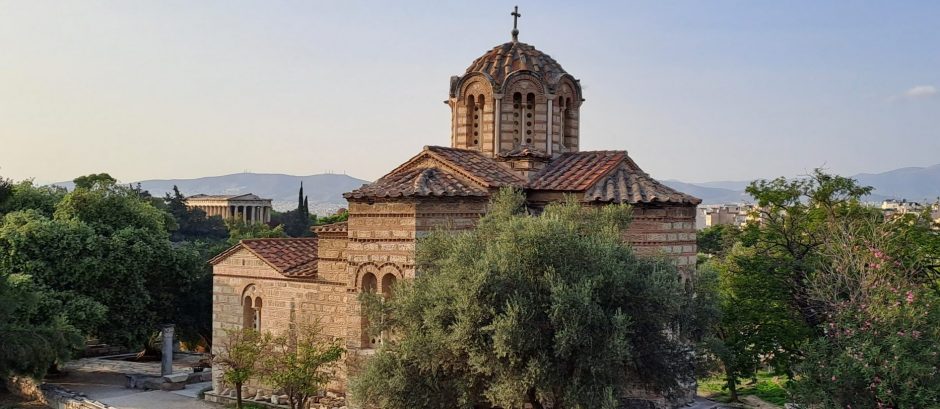CfP Annual Meeting, San Diego, November 23-26, 2024
Call for Papers Opens:1/24/2024Call for Papers Closes:3/19/2024
Our unit welcomes four proposals for the SBL-AAR San Diego 2024 meeting:
Figural vs. Historical Exegesis
This session will focus on ancient “figural” and “historical” exegesis and the supposed dichotomy between them. We especially welcome papers that address the relationship between these types of exegesis and the development of Christian doctrine in antiquity and/or the Orthodox traditions that followed.
Orthodox Christianity and Judaism
Cosponsored with the AAR Eastern Orthodox Studies Unit
Since its formation over seventy years ago, the field of Jewish-Christian dialogue has been populated by a steady stream of Jews, Catholics, and Protestants, but rarely by Orthodox Christians. This session seeks to widen Jewish-Christian dialogue by considering how Orthodox exegetical traditions, liturgy, history, contemporary thought, and ongoing political experience, especially in the Middle East, can and should affect not only Orthodox Christianity’s own relationship to Jews and Judaism, but also its relationship to Jewish-Christian dialogue more broadly. We welcome submissions from a wide range of methodological and disciplinary approaches, including but not limited to theology, history, anthropology and ethnography, political science, and area studies.
Kierkegaard and the Traditions of Universal Salvation
Cosponsored with the AAR Kierkegaard, Religion, and Culture Unit
Søren Kierkegaard sometimes gestured toward the universally efficacious power of God’s love even while he warned about the ultimate consequences of divine judgement. This joint session of the AAR and the SBL will explore Kierkegaard’s nuanced and unique treatment of the issue of universal salvation. Papers will explore various trajectories of Christian universalism, some of which formed the background of Kierkegaard’s thought. Attention will be given to the roots of universalism in certain features of the New Testament, its blossoming in the thought of patristic theologians like Origen and Gregory of Nyssa, and its re-emergence in the nineteenth century and contemporary Orthodox thought. Special attention will be given to echoes of these theological voices in Kierkegaard’s work, as well as to their perpetuation in contemporary varieties of universalism.
Divine Inspiration
Cosponsored with the SBL Religion and Philosophy in Late Antiquity Unit
The inspiration of biblical authors has been a subject of interest for Hellenistic Jewish and Early Christian Authors, who have adopted and adapted arguments from philosophical explanations of divination. This session aims to reconstruct the dialectic of continuity and discontinuity between ancient authors (e.g. Plato, Philo, Plutarch, Origen, Chrysostom) reflecting on the transmission of divine knowledge to humans via inspiration or divination. The session will delve into the nuances of the continuity and discontinuity between the ideas of ancient authors, and how they relate to the transmission of divine knowledge.
For our past sessions see the following links
